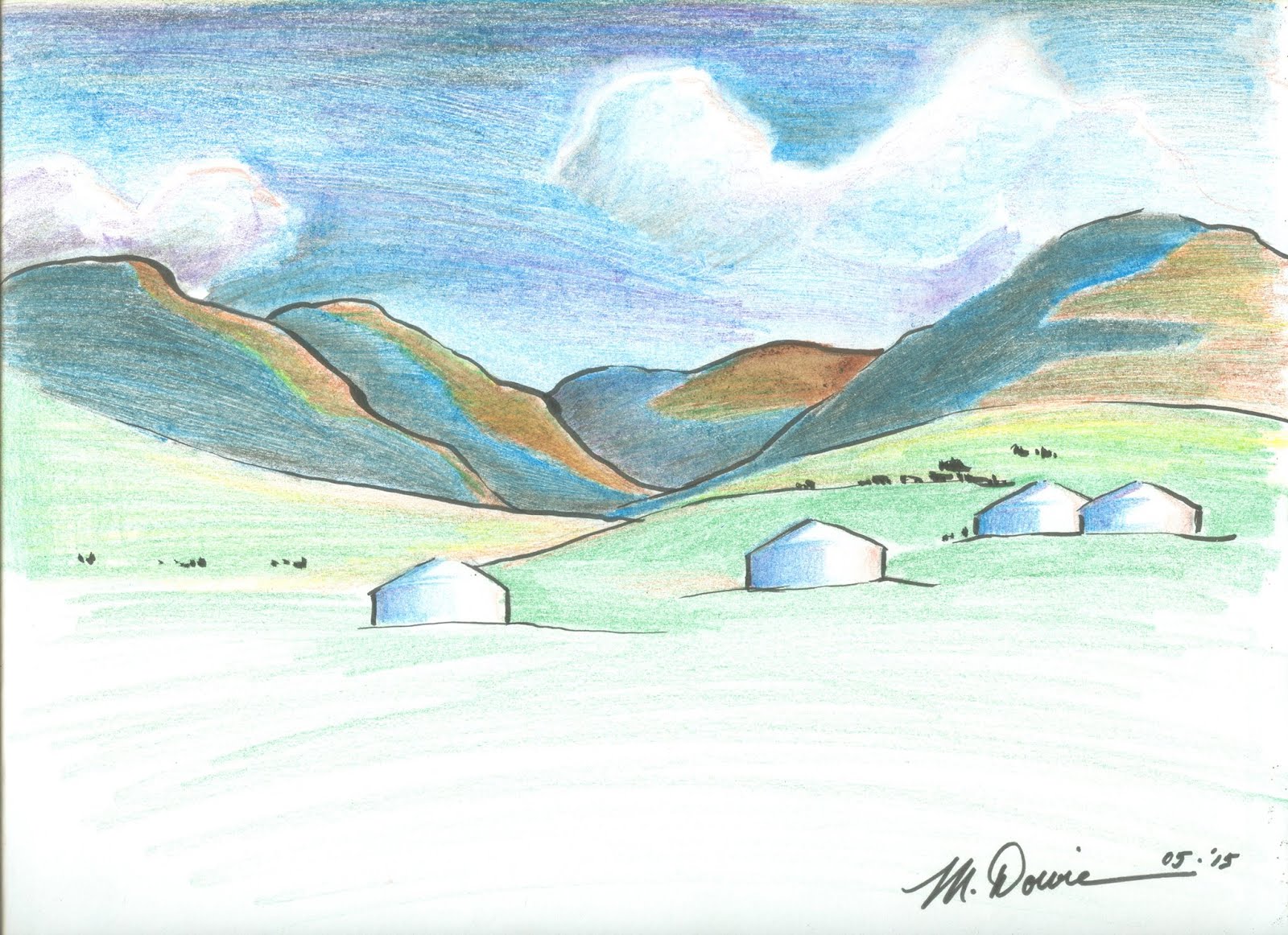Last Thursday my
best friend Darryl's dad, Big Darryl, died. His death was not
unexpected, but it still came as a blow to me. A week has passed and
I still haven't figured out just what kind of tribute I want to write
or how to write it, so bear with me, I may ramble some.
Big Darryl was a
friend, a mentor, and a father figure to me which seems more
important to me than just mentioning that he was a gamer. He was a
gamer though, a wargamer first, an RPG gamer second. He was a smart
guy, a trait he shared with his oldest son Darryl, and he was the
first older smart guy I ever met that liked the same things I did.
His son Darryl was, and is, my closest friend, which is how I met him
when I was 13 or 14 years old. I spent about half of my weekends at
his house through the entirety of my high school years, and we played
a lot of games. Dawn Patrol, Speed Circuit, Star Fleet Battles and
Axis & Allies were favorites there, possibly because they were
more accessible to the other neighborhood kids that came over to hang
out while we were there, although it's not like he ever coddled
anyone when it came to gaming. Big Darryl's favorites were probably
Wooden Ships & Iron Men and Flight Leader, I'd guess.
He had a lot of
games. I thought it was normal for adults to have a small room
dedicated to their hobby, my own dad does, he's a model railroader.
He had tons of games we never actually got around to playing, some we
only played once or twice, mostly wargames, but he had a pretty
extensive RPG library too, pretty much everything ever printed for
FASA Trek, but I don't remember ever getting past the character
creation stage there. Multiple editions of Boot Hill, that I don't
recall ever playing with him, the James Bond RPG, Star Frontiers, Top
Secret. I guess it'd be easy to say he loved Science Fiction, he had
a great library of Heinlein and Asimov and a bunch of other old
school SF writers. He seemed to really love Star Trek, although he
had occasional rants about the Next Generation.
He was a veteran of
the US Air Force, he'd lied about his age, enlisted at 16 and was
famously stationed in Morocco, where he apparently ate dog. He was a
pretty damned good chess player. During the time I knew him, he
worked as a manager for the service departments of several different
automobile dealerships, an over-the-road truck driver and, lastly, a
school bus driver for a head start program. He loved cars and
airplanes, I went to more than one Warbirds show with him. He knew,
with an encyclopedic knowledge, pretty much everything there was to
know about any topic that caught his interest. When we played Dawn
Patrol, he would tell us about various WWI aces, with Speed Circuit
it would be Grand Prix drivers. He was a master strategist and an
excellent tactician and he pulled no punches when he played against
us boys, it made us better gamers. In his latter years, after we
started gaming again in the months before my sister died, he took a
little longer to play his turn, and he occasionally forgot some rule
or other in a game we hadn't played in fifteen or twenty years.
Darryl and I had gotten better, he had declined a little, it made for
a more even game, but it was a little sad too. Back in his heyday he
was a character too, his epic fits of temper when the dice screwed
him over were a legend, one that created the warning for new players
both to not be alarmed and by no means should they laugh. The man
took games seriously.
He hated D&D,
the way that only a true fan can hate. He worked for years on his own
fantasy heart breaker RPG, an ill-conceived Frankenstein of a system
that Darryl and I were occasionally forced to help Design, write, and
playtest, with small success that would usually send him back to the
drawing board and on another round of scrounging through the
rulebooks to other RPGs for bits to cannibalize. He was a master of
DYI and house-ruling, it took me decades to realize Dawn Patrol was
actually a fairly simple, fast-paced game for instance, once you
stripped away the accretions of his rules tinkering. The last game I
played with him, I think, was the Legend of the Five Rings RPG (1st
edition), it was fun- he embraced the unique setting and there
weren't any of his anti-D&D tirades.
I hadn't seen him
for a couple of years now, my own issues with depression and anxiety,
particularly after the death of my sister, combined with the fact
that he moved to Pennsylvania meant we fell out of contact again,
which had happened before, more than once.
I miss him. I wish
I'd taken Darryl up on his offer to go with him to visit his dad in
PA at least once. I guess I just always figured we'd have the time to
hang out at some point in the future.

